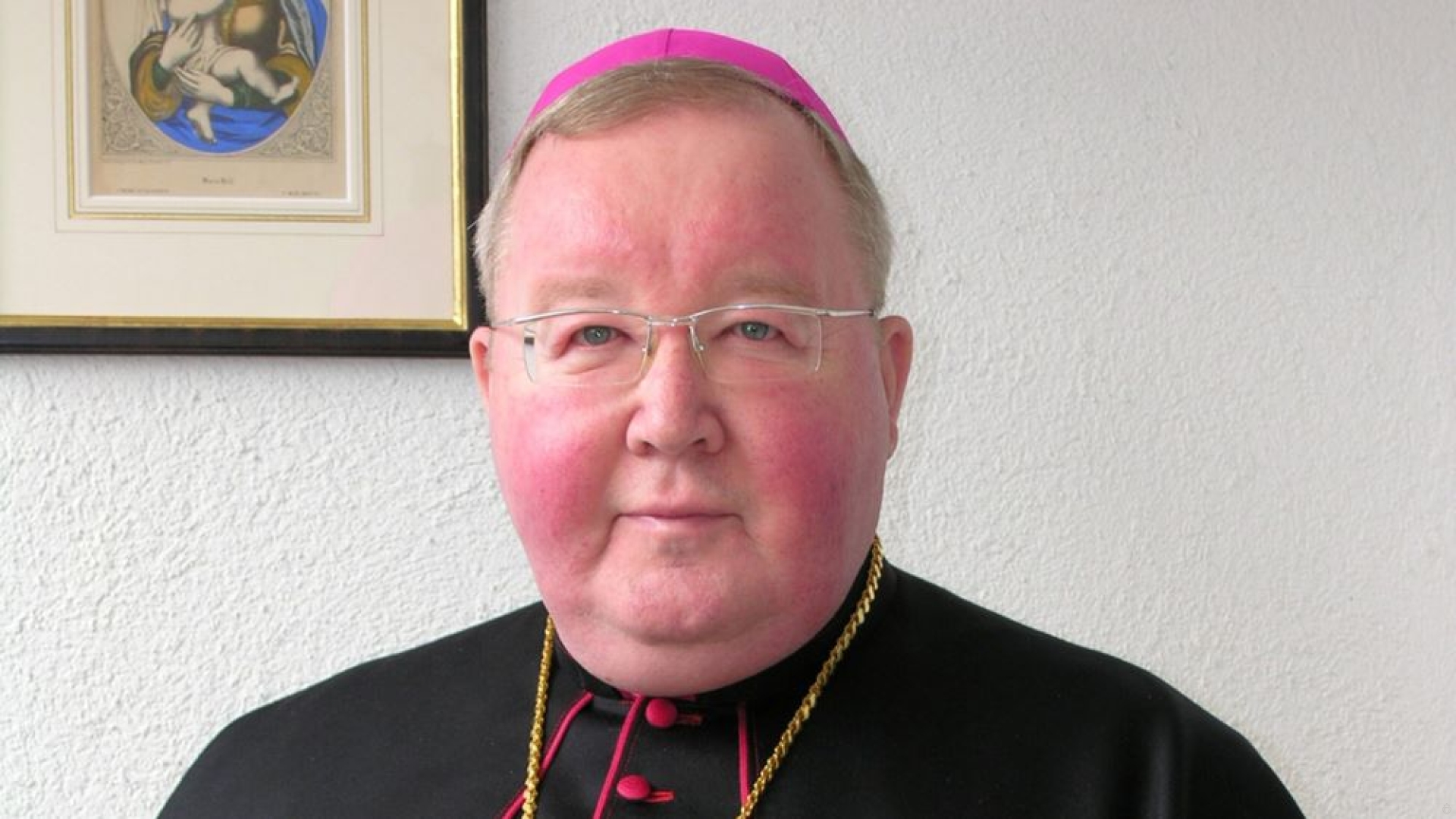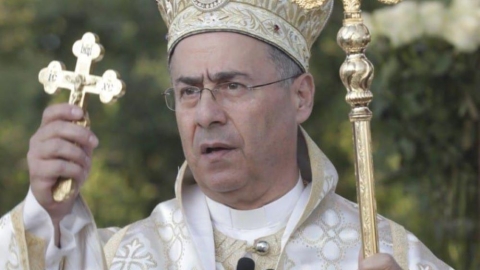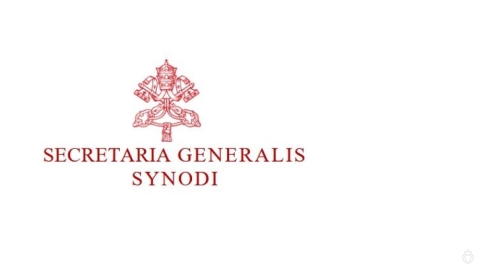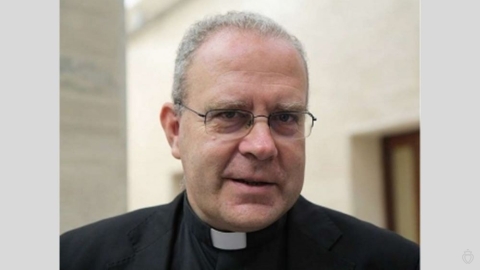Liechtenstein: Archbishop Haas Opposes the Introduction of “Marriage for All”

With the introduction of a “marriage for all” bill, the Archbishop of Vaduz, Msgr. Wolfgang Haas has decided to suspend the opening Mass of the sessions of the Landtag (the country's parliament). He does not wish to endorse the excesses of the chamber.
The Archbishop announced this measure in his diocesan bulletin, Vobiscum, where he begins by recalling his official and public statement “concerning the motion presented to the Landtag of Liechtenstein for the introduction of ‘marriage for all,’” from month of September and published on the archbishop's website.
A Strong and Solemn Warning
On September 15, 2022, Archbishop Haas issued a strong warning. In anticipation of a bill to be tabled on the following September 21, the pastor began by recalling his position, on July 6, 2010, on the “Government consultation report concerning the creation of a law on life partnership to registered same-sex couples.”
“Such legal institutionalization is unacceptable for the Catholic Church, both for genuine reasons of common sense and for its doctrine of faith based on divine revelation.” He added that the Congregation for the Doctrine of the Faith's “Considerations on projects for the legal recognition of communities of life between homosexual persons,” approved by John Paul II on March 28, 2003 “have been made available to the government, the princely house and the deputies of the Landtag.”
These considerations specify that: “When a bill in favor of the legal recognition of same-sex unions is presented for the first time in the legislative assembly, the Catholic parliamentarian has the moral duty to express clearly and publicly his opposition and to vote against the bill. Giving voice to such a harmful piece of legislation for the common good of society is a gravely immoral act.”
He concluded: “I consider it my sacred duty to re-emphasize the position of the Catholic Church with regard to the desired introduction of ‘marriage for all.’ This attitude is also due to our faithful and to all men of good will.”
Focus Without Effect
On December 10, Msgr. Haas had to realize that his “official statement…clearly did not have the desired effect in the Landtag of Liechtenstein, all of whose members belong to the Catholic Church.”
Indeed, “the vast majority of members of parliament transmitted to the government the motion requesting the drafting of a bill, despite and in contradiction to the requirements of reason and the law, and therefore voted in favor of the introduction of this pseudo-marriage, which runs counter to natural sensibility, to natural law in accordance with reason and, in particular, to the Christian concept of the human being, as it corresponds to the divine order of creation.”
The archbishop therefore draws a conclusion from this: “I consider that the time has come to give up the so-called ceremony of the Holy Spirit for the opening of the sessions of the Landtag, because such a liturgical celebration no longer has any meaning with regard to the parliamentary behavior of the great majority of our Landtag deputies in an essential matter of Christian ethics.”
The sequel is no less interesting, because it expresses the high responsibility of the pastor of which Archbishop Haas is perfectly aware: “This shows once again how necessary it is, in terms of religious credibility, to oppose any form of public or institutional ecclesiastical dressing and to avoid it.”
“An ever-valid principle is indeed the following: ‘Beware of the beginning!’ Experience shows that the consequences of immoral behavior are catastrophic. The introduction of the so-called ‘marriage for all,’ with all the excesses that it implies, will lead to a breaking of the moral barrier, especially in the field of education, as can already be seen in various countries where the gender and LGBT propaganda has penetrated even into schools.”
Appeal to the Country's Constitution
Archbishop Haas uses a final argument: “The legal assimilation of a life partnership, as understood by the notion of ‘marriage for all,’ to the institution of marriage… is moreover contrary to the Christian foundations in the national constitution of Liechtenstein [6 articles cited].” Finally, he quotes Jean II [3rd predecessor of the current Prince], in a letter of October 2, 1921, attached to the Constitution:
“In giving this decision my sovereign sanction, I express the wish... that, on the ground of the new fundamental law of the State, a new salvation and a rich blessing will flourish for My people and My country from the old collaboration between the State and the Church, which has proven itself and which must continue to be cultivated under the protection of God.”
If all the bishops had the same sense of duty and the same attitude, perhaps – no doubt – evil would find it more difficult to make its way through our confused world. “For nothing so emboldens the audacity of the wicked as the weakness of the good.” Leo XIII, Sapientiae Christianae (January 10, 1890).
(Sources : erzbistum-vaduz.li/kath.ch/medias-presse.info – FSSPX.Actualités)
Illustration : © Archidiocèse de Vaduz





